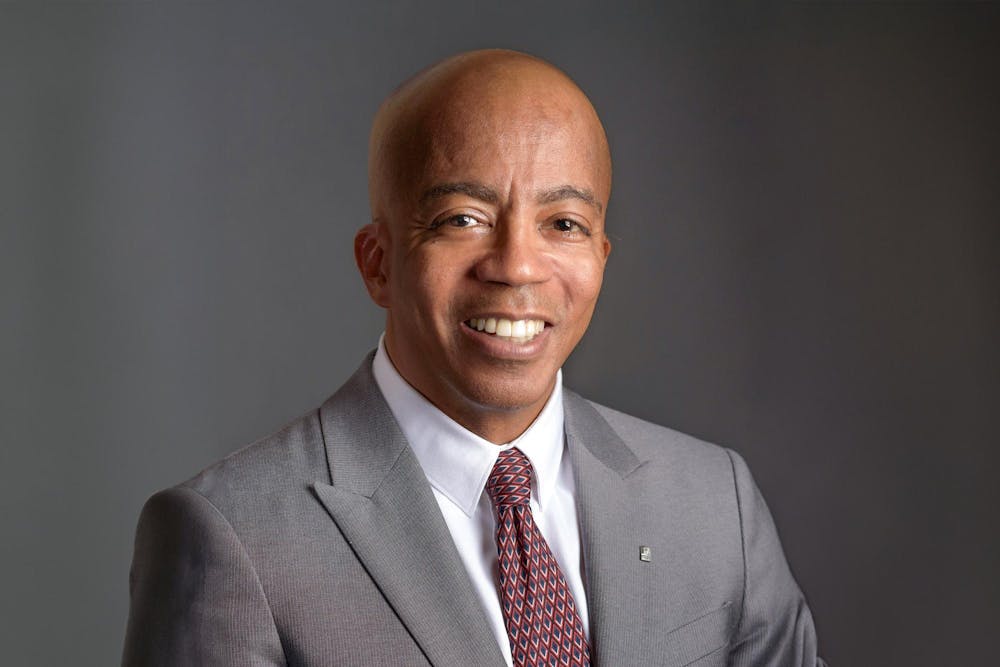Robert L. Hawkins will assume the newly created role as the UNC School of Social Work's vice dean on July 1. The role, he said, focuses on internal processes at the school, including faculty affairs, faculty development and increasing resources for staff and academic units.
“He will help us to continue to implement our strategic plan, will oversee policies and procedures of the School — including reaccreditation of our MSW degree and advancement of our Ph.D. program — and will work very closely with the excellent team of faculty and staff members who support our students,” UNC School of Social Work dean Ramona Denby-Brinson said in a statement.
Hawkins, a North Carolina native, said it was growing up in a low-income rural area that fostered his love for social work.
“A lot of my background was in social policy, because I really wanted to change the system for the better. And especially for folks who didn't feel empowered, [or] were marginalized or placed at risk. So I wanted to be an advocate for those folks,” Hawkins said.
Hawkins is currently the associate dean for academic and faculty affairs at N.C. State University’s College of Humanities and Social Sciences in addition to previously serving as the associate dean for academic and faculty affairs at New York University’s Silver School of Social Work.
Hawkins never forgot where he came from, former colleague Carol Tosone said, adding that his impact in social work has extended beyond academia — Hawkins’ own daughter is pursuing social work. She said his legacy is not only professional, but also personal.
Tosone worked with Hawkins at NYU. In fact, Hawkins said she was the first person he met at the university.
“The thing that's beautiful about Robert's work is that he's a theoretician. His work has policy implications and his research is solid and really benefits a lot of the clients we work with who are at risk,” Tosone said.
After working in social policy for many years, Hawkins' focus shifted to explore the psychological impacts of growing up impoverished.



